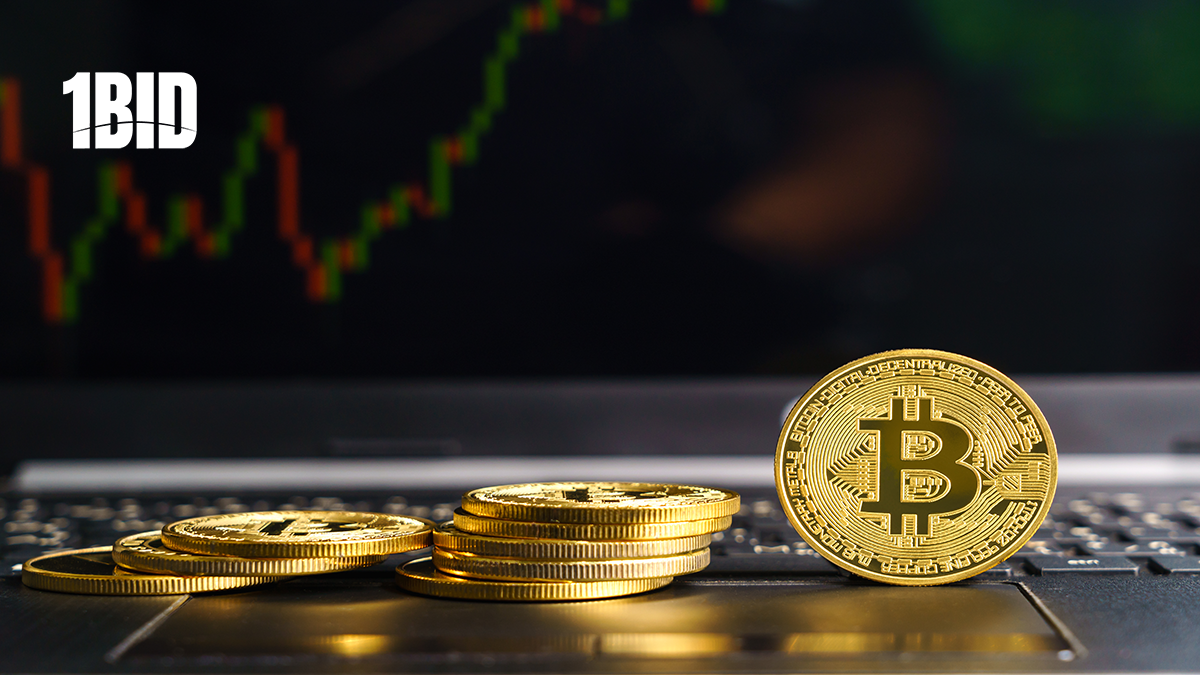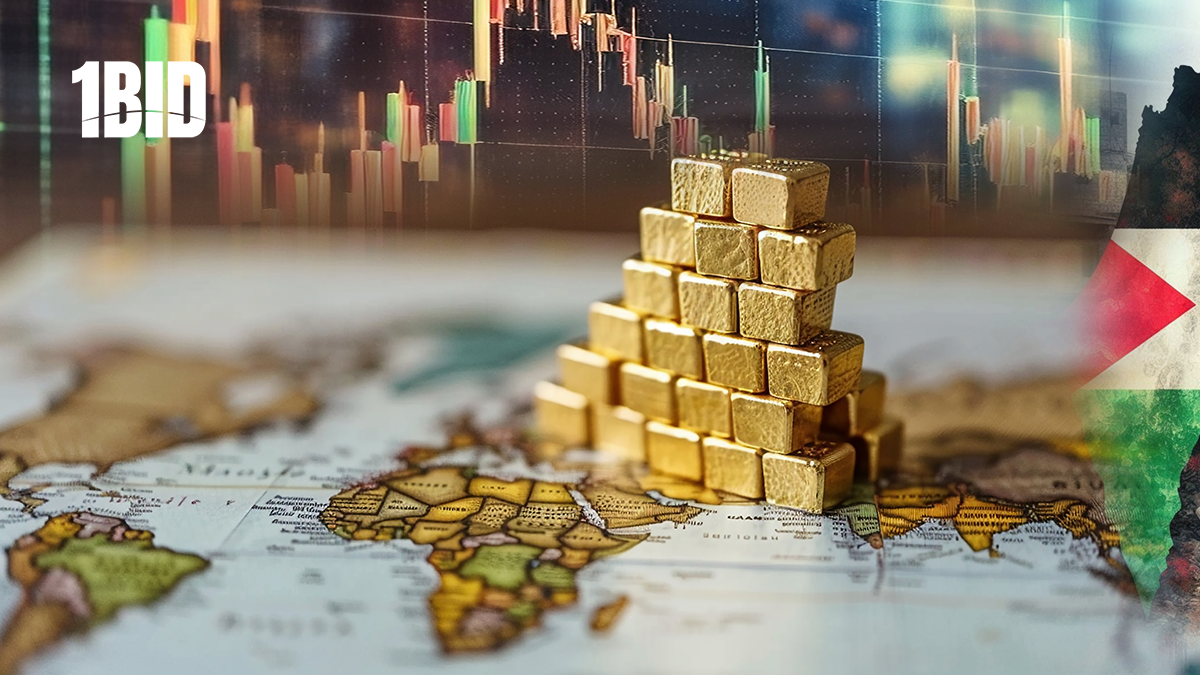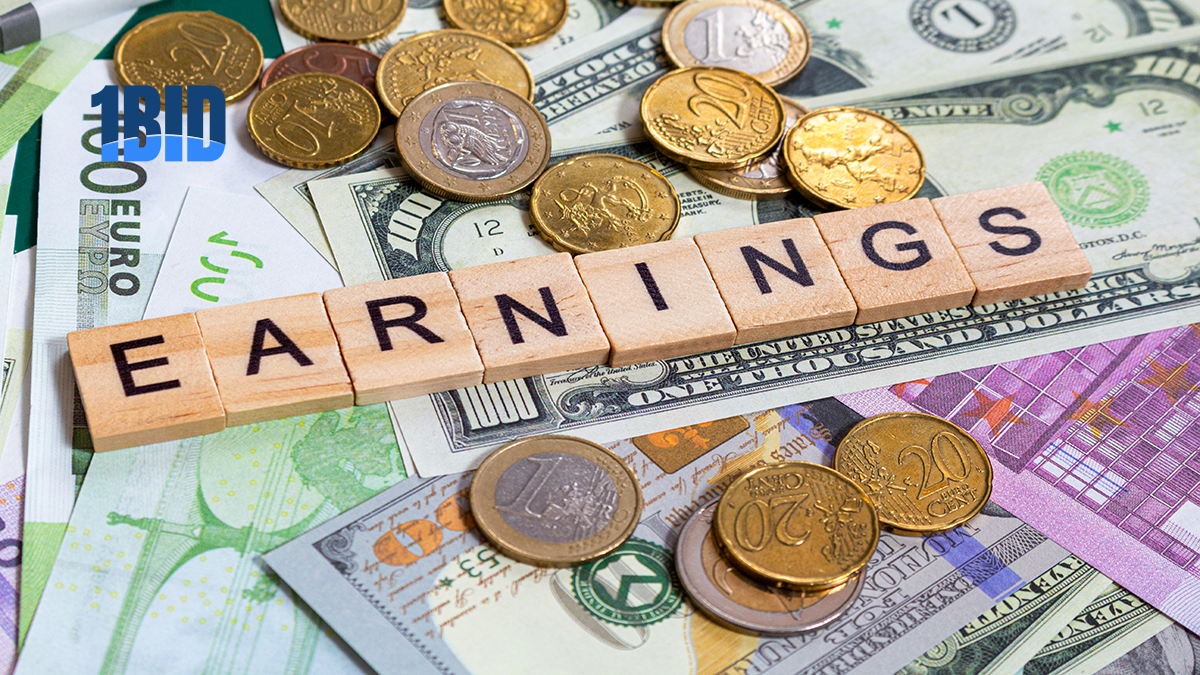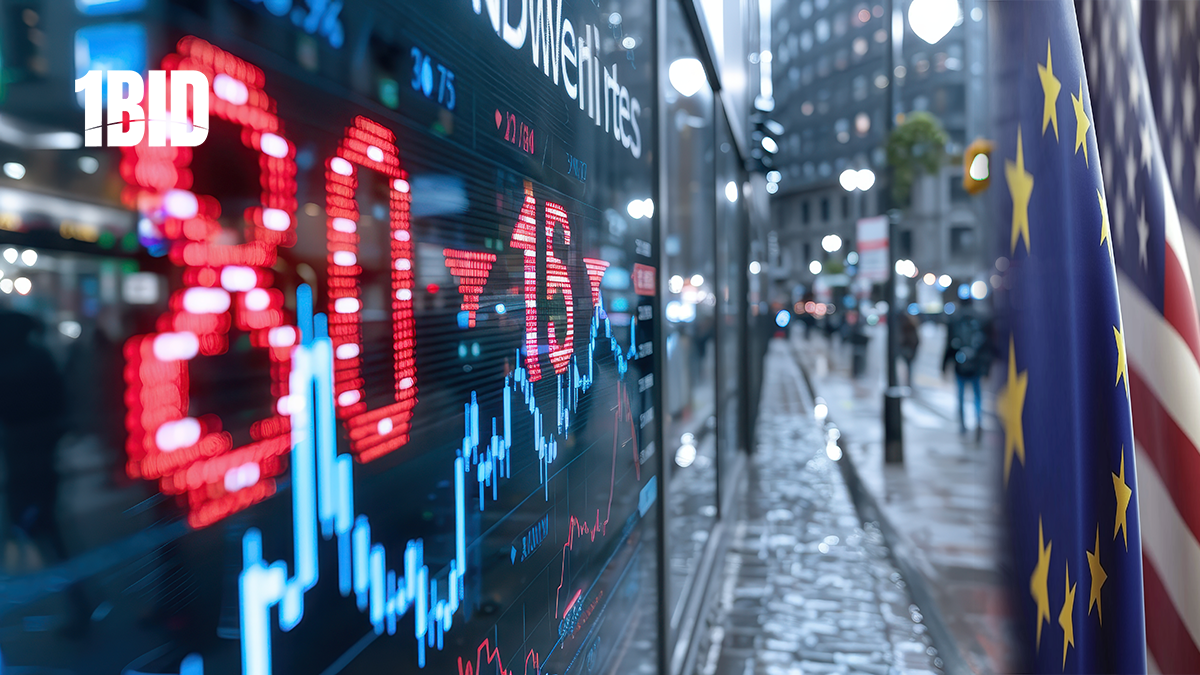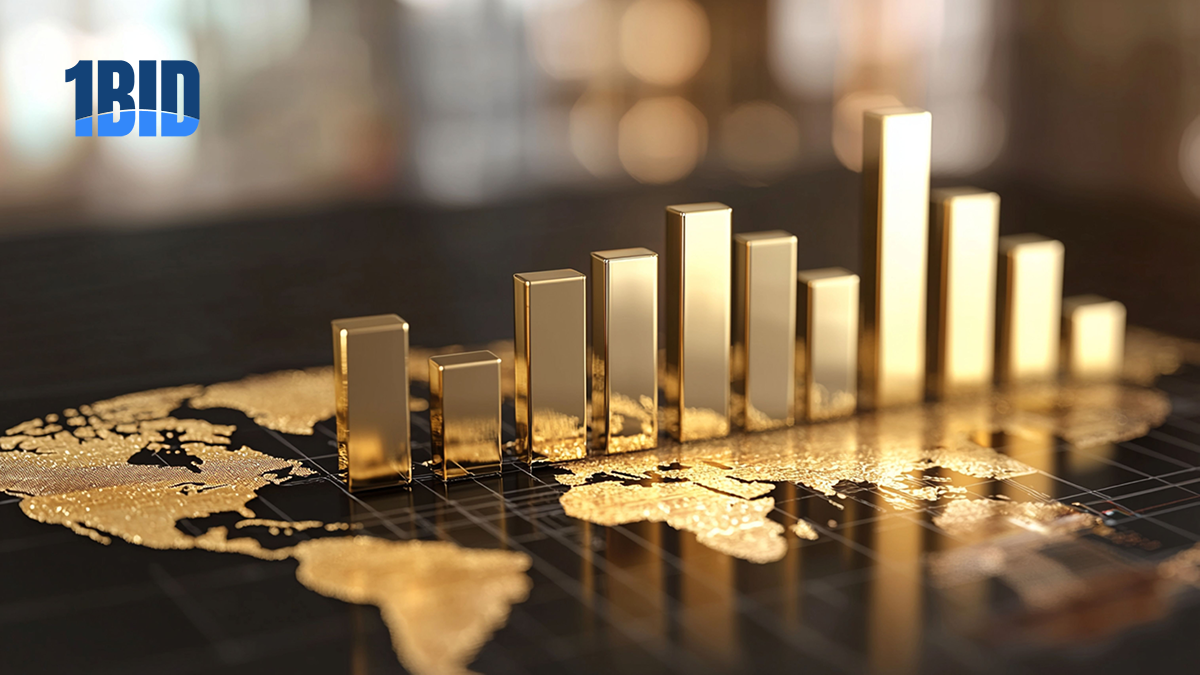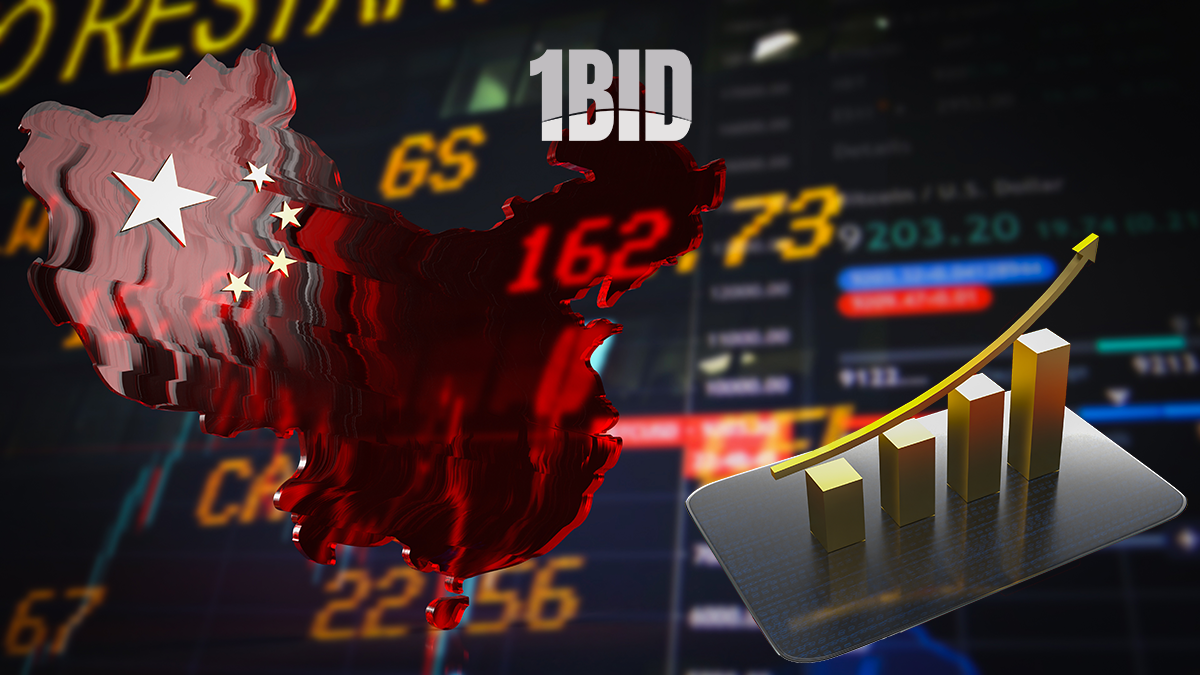What determines the price of gold? For much of the past decade, the answer has been simple: the price of money. The lower rates fell, the higher gold rose, and vice versa.
Gold is the quintessential “anti-dollar”, a target of interest for those who distrust fiat currency, and so it seemed natural that prices would rise in a world of low real interest rates and cheap dollars. Or, as rates rose, gold, which does not yield, naturally became less attractive, causing prices to fall. There are no such trends anymore. As inflation-adjusted rates soared to their highest levels this year since the financial crisis, bullion barely blinked. Real yields, as measured by 10-year Treasury Inflation-Protected Securities, or TIPS, jumped again on Thursday to their highest level since 2009, while spot gold fell just 0.5% on the day. The last time real rates were this high, gold was about half that price.
There is only one option left – Central Banks. Many leading analysts point to a combination of insatiable buying by central banks led by China and investors still betting that a U.S. economic slowdown will benefit gold even when the standard playbook says it’s time to sell. In simple words, from all that has been said, it follows that the economic war between the continents of the leading countries is what keeps the price of gold.

